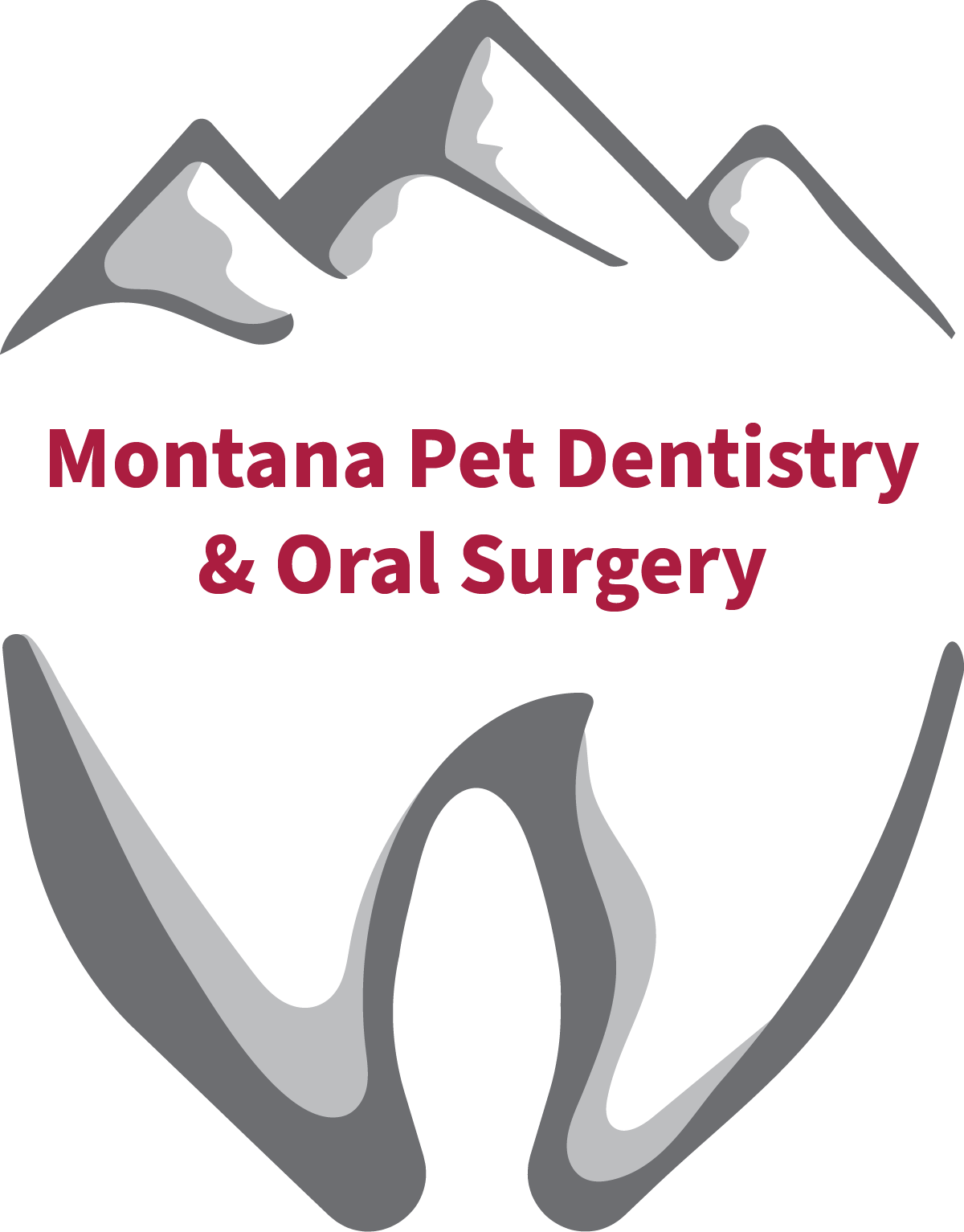Oral ulcers can be a very painful and distressing experience for both you and your dog. These mouth sores can make it difficult for your pet to eat, drink, and even play. Understanding what causes oral ulcers in dogs, how to recognize them, and how to treat them is essential for ensuring your dog’s comfort and well-being.
What Are Oral Ulcers?
Also known as mucositis, or inflammation of a dog’s oral mucosa, oral ulcers are painful lesions that can appear anywhere on the soft tissues of your dog’s mouth. These sores can form on the lips, gums, palate, tongue, and inner cheeks. They can range in size and severity, and may appear as red, raw areas with a whitish or yellowish center. They can be associated with bad breath and excessive drooling. Mouth ulcers should be treated by a veterinarian as soon as possible.
Signs and Symptoms of Mouth Ulcers in Dogs
The most common signs and symptoms of oral ulcers in dogs include:
- Bad breath (halitosis)
- Drooling excessively
- Reluctance to play
- Decreased appetite or difficulty eating
- Pain when using the mouth
- Thick saliva, which may be tinged with blood
- Inflamed or swollen gums
- Whining
- Pawing at the mouth
Causes of Mouth Ulcers in Dogs
There are a variety of different health issues that can lead to the formation of mouth ulcers. If any of these problems go untreated, it could lead to serious health problems for your pup. Some of the most common causes of mouth ulcers in dogs include:
-
Periodontal Disease
Plaque and tartar buildup that eventually results in periodontal disease may be the cause of mouth ulcers. The soft tissues inside the mouth can rest on these diseased areas, causing painful raw lesions.
-
Folds in the Facial Skin
Some dog breeds have an excess amount of skin around their mouths and snouts, which can lead to irritation, resulting in blisters or ulcers.
-
Tumors
Ulcers may form in your dog’s mouth as a result of oral tumors on the gums, lips, tongue, or lymph nodes. Your veterinary dentist might need to perform a biopsy on any tumors to determine whether they are cancerous or benign.
-
Kidney Disease
Sores in the mouth can be a sign of kidney disease and advanced renal failure in dogs.
-
Gingival Hyperplasia
This overgrowth of gum tissue looks much like a small tumor. Hyperplasia overgrowths are usually benign, but may need to be biopsied to confirm the diagnosis.
Mouth Ulcer Treatment for Dogs
For the most part, mouth ulcers in dogs can be treated successfully. Diseased teeth are one of the main causes of oral ulcers and oral tissue inflammation, so scheduling regular dental exams for your dog can be very important.
The type of treatment your dog needs will depend on the underlying cause and its severity. We will identify the reason for the ulcers and develop a treatment plan specialized for your dog. We’ll address the issue head-on, treat the problem at its source, and provide medications to help alleviate the pain of mouth ulcers while your dog recovers.
Veterinary Dentist in Bozeman, Montana
If your dog has an oral ulcer, you should not hesitate to get it examined by a veterinary dentist. Not only is it painful for your pup, it can also be a warning sign of many serious underlying medical conditions. Call us today to schedule an appointment for your dog with veterinary dentist Dr. Woodward at our Bozeman, Montana clinic.
